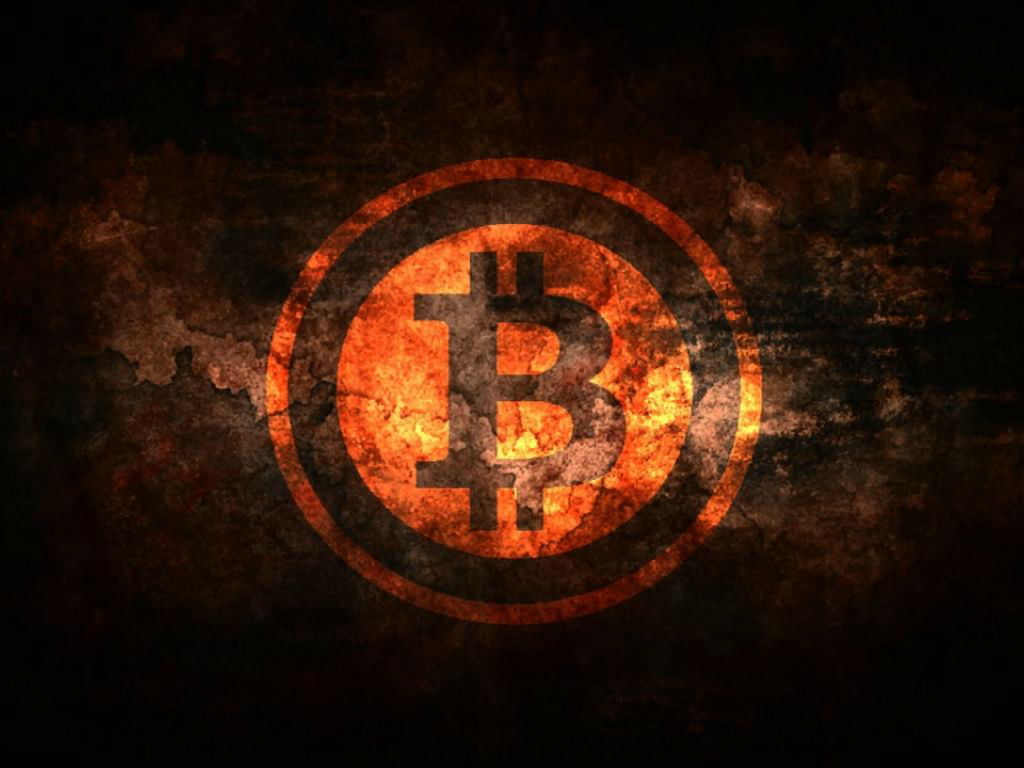
ICO is a term that is starting to be banded around the internet lately. But what is an ICO? According to 8BTC, an ICO can be explained as follows:
“An initial coin offering is created to describe a means of crowdfunding the release of a new cryptocurrency. Some prefer to interpret it as initial crypto – token offerings to differentiate the term IPO.”
In fact, it is different from an initial public offering because purchasing the tokens does not mean that a person automatically has ownership of any part of the company that is producing the cryptocurrency. Another distinct difference is the fact that there is no government regulation of ICOs, at least, not so far.
Outlier Ventures Research gets into greater depth regarding what is meant by an ICO. The way it is described by this entity is that an initial coin offering is a pint in a project where cryptographic tokens are utilised and part of this tool is exchanged for money, which is usually Bitcoin. Given that ICOs are in their early days, as Outlier Ventures explains, “the terminology is still fluid, as these tokens are also referred to as appcoins or just coins”.
The way it works is that normally the crowd sale information will be given out, and this will include how the company plans on collecting the money. It will also include how it will be distributed, the Escrow to be used in the process, and the rate of the token compared to bitcoin (or another currency, if more appropriate). The information offered will also explain how the tokens will be created and utilised.
There are a number of benefits that are thought to be attainable as a result of having an ICO. While at the start, these types of presales were set up to raise capital to fund product development expenses, more recently funds can be used for other activities too, such as marketing or legal. What this means is that network creators can use token presales to kickstart what they are doing, giving liquidity to participants at the start, but also providing incentives for developers.
What Companies Have Used ICOs?
It will come as no surprise then that many companies have taken advantage of this type of approach, including big names such as Ethereum, Augar, and The DAO Waves. The following video, explains how the project Augar works, for example:
Indeed, figure show that as many as 12% of bitcoin and blockchain projects that have raised funds have used this type of approach to do so, and this figure is likely to grow as people see that it can be an effective means of funding.
Overall, global crowdfunding was estimated at $34.4 billion in 2015, and this was anticipated to increase to $96 billion by 2020. These figures include many other kinds of funding and not just ICOs. For example, they include reward crowdfunding, P2P lending and equity crowdfunding among others. Categorised on its own, to date, ICOs account for a very small proportion of these figures. So far, just $240 million has been raised this way. However, the amount is variable due to the fact that bitcoin value has fluctuated considerably. When considering all of this, in the best-case scenario, ICOs currently account for 0.05% of total crowdfunding volume. However, it is anticipated that this figure will grow.
What Are The Risks of ICOs ?
However, caution is urged as the approach is not without its limitations. For example, aspersions have been cast over the quality of investor in some cases. In an ICO a person that buys tokens is not necessarily one that can offer anything more than capital. They do not necessarily have experience to bring to the table, and may not be able to play any kind of active role in advancing the company. The regulatory environment surrounding all of this is also quite unclear. On that note, it is expected that ICOs will continue with self-regulation rather than any legislation, necessarily, however, there are no guarantees of this. In the worst-case scenario, ICOs could be regulated, particularly if a person with little integrity scams others, leading to media coverage of the loss. Indeed, it could even be that the SEC could regulate tokens as securities, and this would likely impact on the potential that this fledgling approach has.
Article powered by Humaniq
Launched in 2016, Humaniq aims to provide mobile finance to the 2 billion unbanked population through its mobile app for good, that uses biometric authentication to replace traditional methods of ID and security. Humaniq’s open source stack and API will be available for startups and other businesses to build services on its core technology, making it easy to adapt their service and plug it into Humaniq’s network to reach a huge, untapped audience.

Paula Newton is a business writer, editor and management consultant with extensive experience writing and consulting for both start-ups and long established companies. She has ten years management and leadership experience gained at BSkyB in London and Viva Travel Guides in Quito, Ecuador, giving her a depth of insight into innovation in international business. With an MBA from the University of Hull and many years of experience running her own business consultancy, Paula’s background allows her to connect with a diverse range of clients, including cutting edge technology and web-based start-ups but also multinationals in need of assistance. Paula has played a defining role in shaping organizational strategy for a wide range of different organizations, including for-profit, NGOs and charities. Paula has also served on the Board of Directors for the South American Explorers Club in Quito, Ecuador.




























